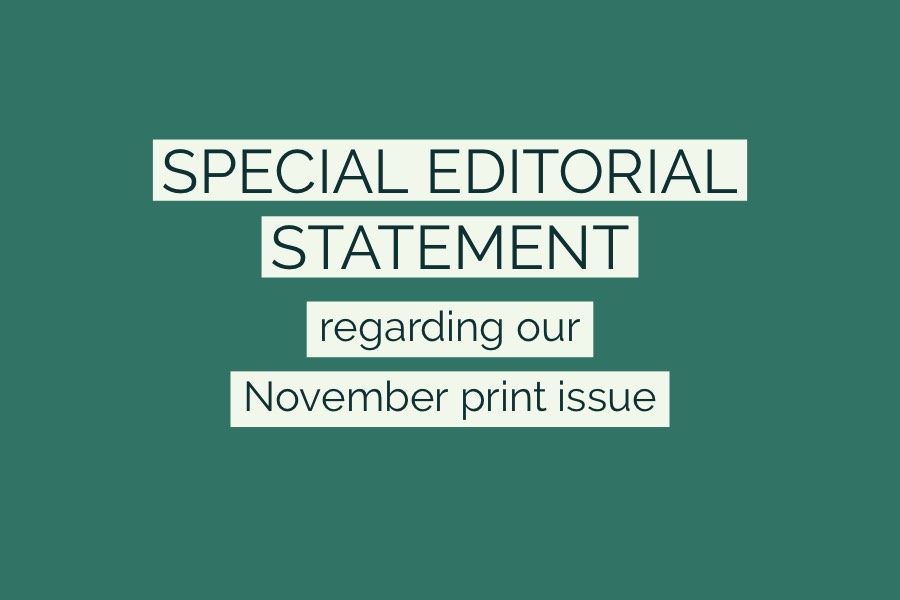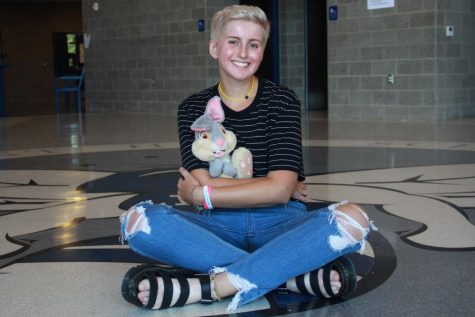Special Editorial Statement
November 29, 2018
Dear Readers,
It has come to our attention that the most recent print issue of Prospective has given some of our readers the impression that we were attempting to condone the use of illegal drugs and alcohol. That was not the case. We understand the lack of clarity in our intentions behind the paper, and we would like to explain our thought process behind the contents of this issue.
Since the subject matter of our special coverage was substance abuse, we wanted a cover image that strongly communicated that idea and caught the attention of our readers. We hoped that the title “Just One More” would provide insight to the real issue we were covering: the struggles that students on our campus face due to drugs and alcohol, either because they are dealing with addiction themselves or have a friend or family member who is. The title “Just One More” was in no way meant to promote addiction; rather, it was meant to encompass the adversities that come with addiction. As the procrastinating student says, “Just one more episode, and then I’ll do my homework,” the drug addict often says, “Just one more time, and then I’ll quit.” For those who found the cover image and headline offensive, we apologize for giving the impression we were promoting addiction.
As journalists, our core value is to cover topics accurately and without bias. Our goal in this issue was to honestly display the diverse experiences of students on our campus. Therefore, we included an interview that contrasted with the other perspectives presented and seemed to promote the use of illegal drugs by framing them in a more positive light.
We chose this interview in hopes of portraying the opposite side of our topic and connecting with readers who haven’t yet come face-to-face with the harsh reality of substance abuse. In light of the other interviews and the staff editorial that spoke of the harmful effects of substance abuse, we thought that the interview demonstrated the perspective that many students have regarding drugs and alcohol. The purpose of including said interview was absolutely not to promote the use of substances based on the student’s personal experience.
In addition to the interviews, we also dedicated a section of page three to resources, listing the phone numbers and websites of hotlines and organizations dedicated to helping individuals combat substance abuse. We also included statistics throughout page three that demonstrate how pressing an issue substance abuse is to teenagers, and we felt that the staff editorial on page six supported that idea as well.
Again, our intention for this paper was not to promote the use of drugs and alcohol. We were hoping to generate discussion on the topic of substance abuse and shed light on the struggles that students face because of it. Drugs and alcohol affect more students on campus than we think, both directly and indirectly, and we wanted to showcase their experiences in hopes of encouraging others to stay away from drugs and alcohol in the first place, help their peers who are dealing with addiction or reach out for help themselves if they need it.
We understand that the subject of substance abuse can be controversial and we offer our sincere apologies for not clearly demonstrating our intentions. We hope that we have been able to clarify the thought process behind our decisions and explain the goals of our most recent issue. Let’s all work together to support those whose lives are affected by addiction.
Thank you,
Prospective Editors
Sydney Boswell Emily Hall
Rosemary Gregg Maxton Preuninger







